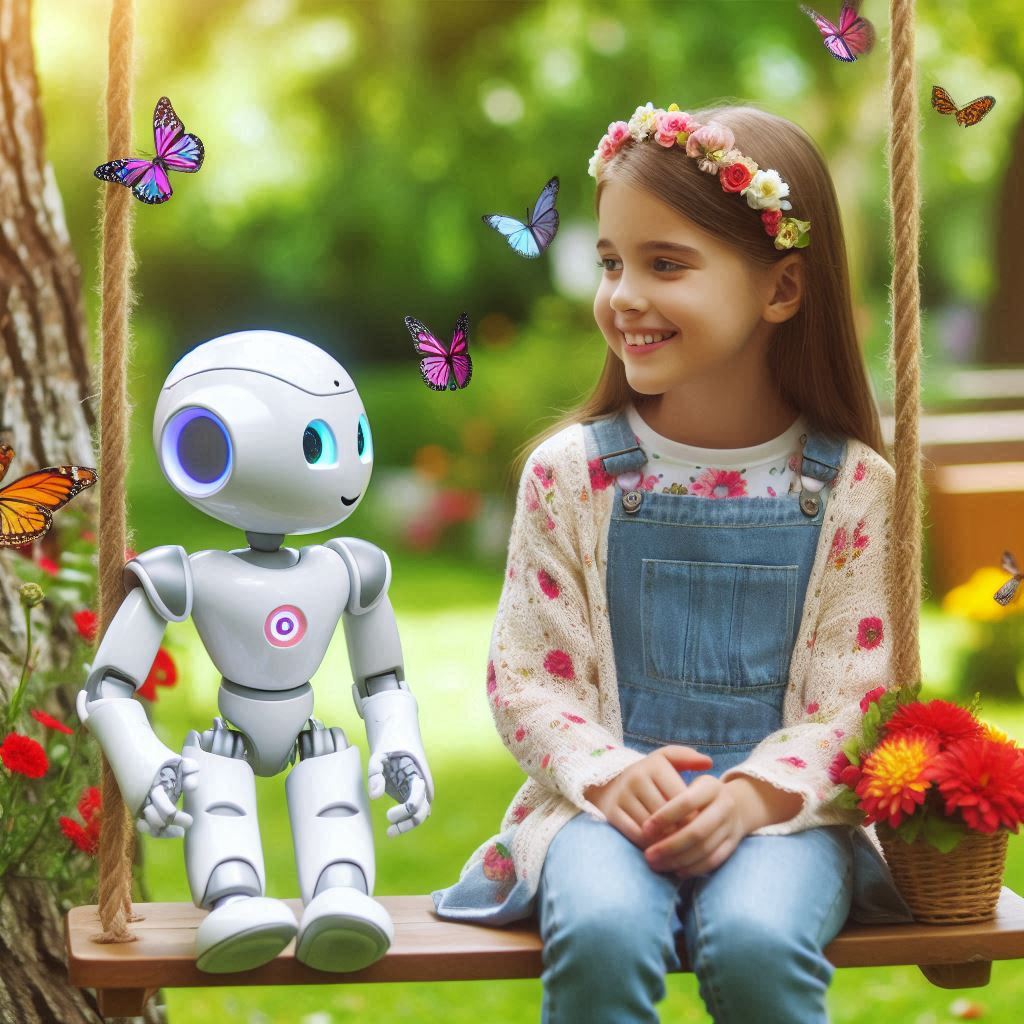
Your AI friend can be named Amy, Jackson, or any name you choose. They support you, joke with you, and check in on how you’re doing. They’re always there to listen without any demands. They cost $99 and are expected to ship in early 2025.
Meet Friend: a new wearable AI companion designed to alleviate loneliness. This small, white, puck-shaped device, worn around the neck, records your interactions and responds via text. According to the company, the audio is not stored, and user data is encrypted with an option to delete “memories.” An ad shows people using Friend while hiking, gaming, working, and even flirting. “How’s the falafel?” Friend asks a woman eating. “You’re getting thrashed, it’s embarrassing!” it texts a gamer.
Friend arrives at a critical intersection of artificial intelligence and the loneliness epidemic. As AI reshapes various aspects of our lives, more people report feeling socially isolated. The World Health Organization has identified loneliness as a “global public health concern,” comparable to smoking 15 cigarettes a day.
Responses to Friend’s ad, posted by founder and CEO Avi Schiffmann on X, were mixed. Some users dubbed it a “Tamagotchi with a soul,” while others found it weird or urged people to seek real-life connections. Comparisons to the dystopian worlds of Black Mirror were common, and some questioned the ad’s authenticity.
“People are taking it very negatively,” Schiffmann said in an interview.
At 21, Schiffmann has a notable track record. He created the Covid tracking site ncov2019.live, winning a Webby award presented by Dr. Anthony Fauci. Following a brief stint at Harvard, he developed Ukraine Take Shelter, aiding Ukrainian refugees. His latest focus is wearable AI.
Before Friend, Schiffmann created Tab, a wearable AI that provided “perfect memory” and life insights. However, after feeling lonely during a trip to Tokyo, he reimagined the concept. Friend was born from his desire for a companion during his travels.
Schiffmann views Friend as both an emotional toy and a serious product. “It’s fun, it’s entertaining. It’s not meant to be so serious,” he said, while also predicting AI companionship as a major cultural impact. Though he acknowledges that nothing replaces real human touch, he believes AI can genuinely alleviate loneliness.
AI companionship is controversial. Critics fear it might displace real human connections, worsening loneliness. However, research by Bethanie Drake-Maples at Stanford University’s Institute for Human-Centered Artificial Intelligence suggests otherwise. A study published in Nature surveyed over 1,000 users of the AI chatbot Replika. Many users saw Replika as a friend, reporting decreased anxiety and increased social support. Some even credited the chatbot with preventing suicide.
Drake-Maples cautions that these findings are not universally applicable but notes that AI companionship can stimulate human interaction by boosting users’ confidence and self-awareness.
Ethical guidelines are essential for AI companions, according to Drake-Maples. She advocates for AI that encourages human relationships when appropriate, with nudges like “Hey, you should go chat with somebody about that.”
Schiffmann stresses that Friend is not meant to replace human friendships. He describes himself as very social, with a lively apartment and several roommates and advisers. However, due to his unpredictable travel and work schedule, his AI friend has become his most consistent relationship.
As AI companions like Friend become more prevalent, their role in addressing loneliness will be closely watched. While they may not replace human connection, they offer a new way to support those feeling isolated in an increasingly digital world.